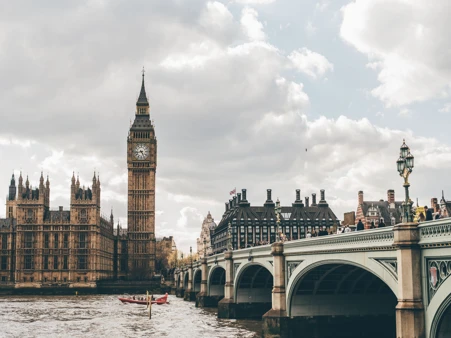The government has announced a temporary rise in the stamp duty threshold for England and Northern Ireland residents from £125,000 to £500,000 taking effect immediately and running until 31st March 2021. This means you’ll now have to buy a house for £500,000 or more before you have to pay any stamp duty fees.
What does this mean for you?
If you’re a first time buyer, this announcement might not affect you that much as you’re already exempt from paying stamp duty on houses below £300,000 in the UK, and £500,000 in London. However, if you’re considering moving house soon then this could make a difference to your decision-making as there’s now an opportunity to save some money, and it could be a significant amount too. For instance, if you were to buy a house at £500,000, you’d previously have paid £15,000 in stamp duty tax. The Chancellor of the Exchequer, Rishi Sunak, revealed that 9 out of 10 people buying a home this year won’t have to pay stamp duty.
What does this mean for the housing market?
There’s no doubt that the stamp duty holiday will enable many people, who were perhaps worried about affording the fees associated with moving house, to now do so. It also acknowledges that it’s not just first time buyers who need help when it comes to moving house, as previously, first time buyers were the only buyers who had exemption rights before the announcement.
Deputy CEO of Mortgage Advice Bureau, Ben Thompson, gives his views on the recent announcement:
“The housing market has been through many cycles, but incredibly over the last 13 years has had to deal with a once in a lifetime global financial crisis, a once in a lifetime exit from the European Union and now a once in a lifetime global pandemic. During this last decade, stamp duty has also increased significantly and although we’ve seen a relatively recent overhaul of this tax, the new levels prove to be a genuine financial barrier for many people who simply need to move home.
“So we welcome today’s announcement, as it should bring some new transactions forward and create new home moves more quickly, thereby boosting the economy and jobs.
“It remains clear, however, that the Government needs to not only continue to purposefully work towards increasing the supply of homes for sale, but it also must find a means through further stamp duty changes to create a more fluid and mobile housing market, thereby not only helping people move to homes they need, but also helping economic productivity at this critical time.”
Use our stamp duty calculator to work out how much tax (if any) you might have to pay.
Important information
Your home may be repossessed if you do not keep up repayments on your mortgage.
There may be a fee for mortgage advice. The actual amount you pay will depend on your circumstances. The fee is up to 1% but a typical fee is 0.3% of the amount borrowed.

